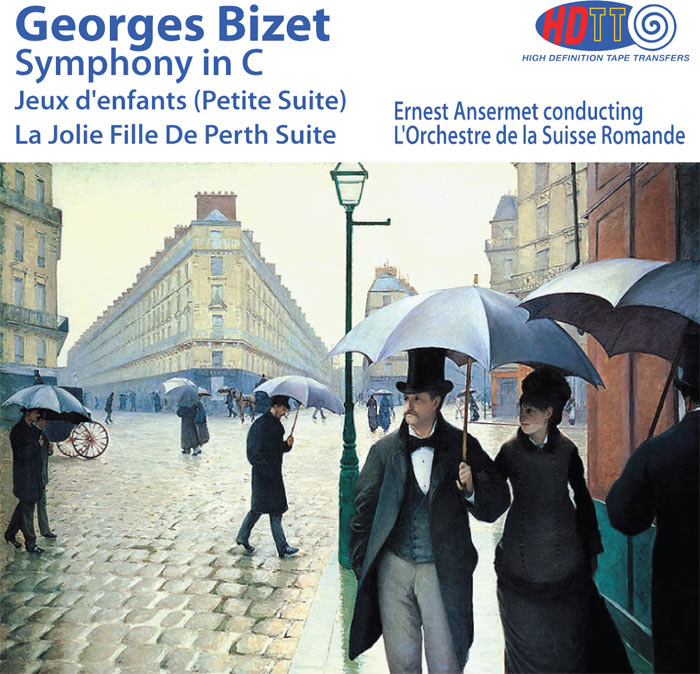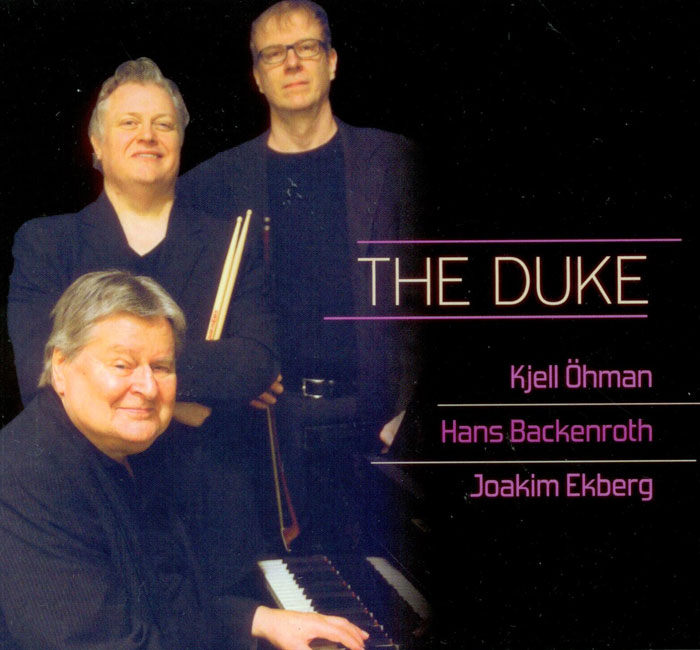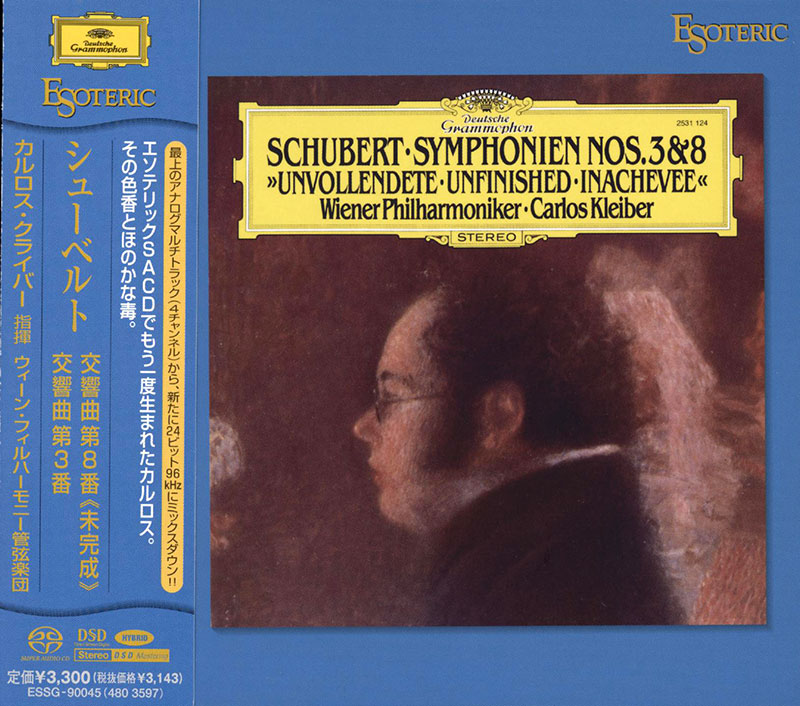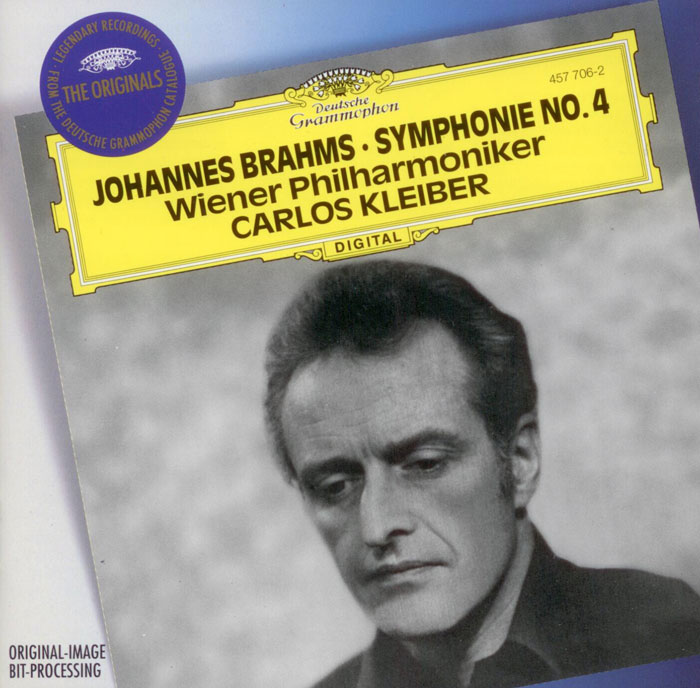Logowanie
OSTATNI taki wybór na świecie
Nancy Wilson, Peggy Lee, Bobby Darin, Julie London, Dinah Washington, Ella Fitzgerald, Lou Rawls
Diamond Voices of the Fifties - vol. 2
Tylko 1000 egzemplarzy!!!
DVORAK, BEETHOVEN, Boris Koutzen, Royal Classic Symphonica
Symfonie nr. 9 / Wellingtons Sieg Op.91
nowa seria: Nature and Music - nagranie w pełni analogowe
Petra Rosa, Eddie C.
Celebrating the art and spirit of music - vol. 3 - Pure
warm sophisticated voice...
Peggy Lee, Doris Day, Julie London, Dinah Shore, Dakota Station
Diamond Voices of the fifthies
Tylko 1000 egzemplarzy!!!
SAMPLER - STS DIGITAL, Buddy Tate, Milt Buckner, Walace Bishop
Jazz Masters - Legendary Jazz Recordings - v. 1
proszę pokazać mi drugą taką płytę na świecie!
Chesky! Niezmiennie perfekcyjny
Winylowy niezbędnik
ClearAudio
Double Matrix Professional - Sonic
najbardziej inteligentna i skuteczna pralka do płyt winylowych wszelkiego typu - całkowicie automatyczna
BIZET, L'Orchestre de la Suisse Romande, Ernest Ansermet
Symphony in C / Jeux D' Enfants / La jolie lle de Perth Scenes Bohemiennes
- Symphony in C
- 1) 1st movement Allegro Vivo 7:27
- 2) 2nd movement Andante. Adagio 8:16
- 3) 3rd movement Allegro vivace 4:24
- 4) 4th movement Finale. Allegro vivace 6:49
- Jeux D' Enfants
- 5) Marche 2:14
- 6) Berceuse 2:26
- 7) Impromptu 1:01
- 8) Duo 3:23
- 9) Galop 1:46
- La jolie lle de Perth
- Scenes Bohemiennes
- 10) Prelude 6:06
- 11) Marche 3:08
- 12) Danse Bohemienne 3:02
- L'Orchestre de la Suisse Romande - orchestra
- Ernest Ansermet - conductor
- BIZET
GEORGES BIZET Born: October 25, 1838. Paris, France Died: June 3, 1875. Bougival, France Georges Bizet's life was short and full of di¬culties, a fact that seems at odds with the enduring success of his nal work, Carmen. Bizet was born into a musical family, where he received a good early training that led to his entrance into the Paris Conservatory at the age of nine. Bizet did well in his studies, developing his skills as a pianist (he impressed Franz Liszt with his playing) and as a composer. At the age of seventeen he composed his Symphony in C, a meticulous and e ervescent work that was never heard until 1935. His studies at the conservatory were capped in 1858 with his receipt of the Prix de Rome, which allowed Bizet three years of nancial support to concentrate on composition. Bizet's years in Rome were not very productive, and resulted in few works -- only four of which survive. One, his opera Don Procopio, was not produced until 1906. Upon his return to Paris he turned down a teaching position at the conservatory, wishing instead to concentrate on his writing. He found moderate success in 1863 with his opera Les p?cheurs de perles, but his next work, La jolie lle de Perth, saw only eighteen performances. Bizet's nal years were marked by more problems: ill health and forced service during the Franco-Prussian war took their toll on the composer. In 1875, he completed a work that should have been his great triumph and the beginning of an illustrious career, his opera Carmen. In this opera, Bizet shows both a sure dramatic hand and mastery of the musical demands of the genre. The story of Carmen, however, proved too much for the Parisian audience (especially in a theater designed to appeal to families). Set in Spain and dealing with the exotic culture of the Gypsies, the story presented Bizet with the opportunity to create a rich musical score full of foreign avor then in vogue. But the plot's exploration of sexual desire, moral ambiguity and a brutal murder insured a brief and controversial run. Bitterly dejected by this supreme blow, Bizet's health deteriorated quickly, and less than three months later he died of a heart attack. Ironically, only ve years later the work returned to the Parisian stage after a series of successes in Vienna, Brussels, London and New York. It has, from that time on, remained one of the best loved of all nineteenth century operas. Ernest Ansermet Born: November 11, 1883 - Vevey, Switzerland Died: February 20, 1969 - Geneva, Switzerland The Swiss conductor, Ernest Ansermet, came from a musical family; he successively studied the clarinet, violin and brass instruments, which he used in fanfares; later he wrote military marches for the Swiss army which he did not consider important. Besides Music, he studied Mathematics in Lausanne and graduated with a Diploma in 1903; until 1906 he taught at the Lausanne Grammar School, then he decided to continue his studies at the Sorbonne and, at the same time, to attend courses at the Paris Conservatory. After his return to Lausanne, he taught Mathematics for one more year before devoting himself entirely to music. Ernest Ansermet received the publicly advertised post of director of the Spa concerts in Montreux. Through his friend Charles Ramuz he got to know Igor Stravinsky, who was then living in Clarens. Thus, he experienced the creation of Le Sacré du Printemps, Petrouchka, L'Histoire du Soldat, Bajka and Svadebka at close hand. His encounter with Sergey P. Diaghilev in Geneva was decisive; in December 1915 he conducted the Orchestre des Ballets Russes for the rst time at a gala for the Red Cross in a rst performance of Soleil de nuit, a choreography by Leonid Massine to music by Nikolai A. Rimsky-Korsakov. In 1916 he went on the rst tour of America with the Ballets Russes. He premiered many works composed by I. Stravinsky: In 1918 he conducted the rst performance of L'Histoire du Soldat, in 1920 The Song of the Nightingale and Pulcinella, in 1922 Bajka and in 1923 Svadebka also Capriccio for piano (1929) and his Mass (1948). Besides the works of I. Stravinsky, Ernest Ansermet also conducted rst performances of works of many other composers: Parade by Eric Satie (1917), Le tricorne by Manuel de Falla (1919), Chout by Sergey S. Proko ev (1923). Living in Geneva from 1915, he conducted three orchestras at the same time, the Ballets Russes, the Orchestre Romand (O.R., founded by him in 1918) and the Argentine National Orchestra in Buenos Aires, which was also founded by him. For ten years, he spent the winter in Geneva and the summer in Argentina. All major orchestras issued him an invitation, but he rejected most with the aim of establishing a living musical tradition in Switzerland. In 1940, L'Orchestre de la Suisse Romande was founded (with support from Swiss Radio), which was closely linked with his name. He conducted the orchestra until 1967. Ernest Ansermet was a particular advocate of the Swiss composers Arthur Honegger and Frank Martin. He conducted the rst performances of the following works of A. Honegger: Horace victorieux (1921), Chant de joie (1923), Rugby (1928) and Paci c 231 (1923), which was dedicated to him, and of the following works of Frank Martin: Symphonie (1938), In terra pax (1945), Der Sturm (1956), Le myst?re de la Nativité (1959), Monsieur de Pourceaugnac (1963) and Les Quatre Éléments, which were dedicated to him. Also important were the rst performances of Benjamin Brittens The Rape of Lucretia (1946) and Cantata misericordium (1963).

































